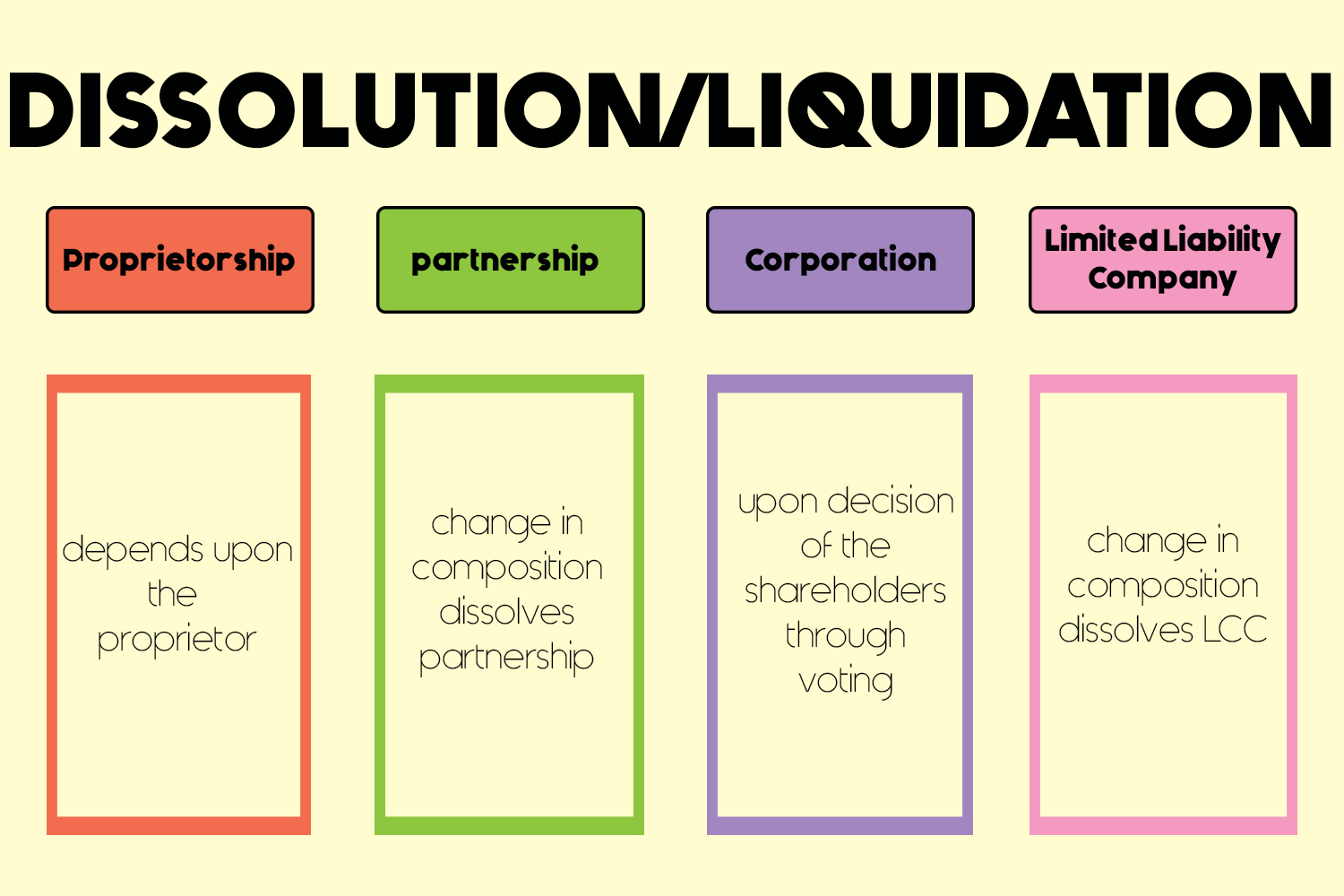7 Preswich Avenue, Leigh, WN7 1RZ
0333 567 1686
Understanding the Repercussions of Company Liquidation on Employee Retention and Benefits

Effect on Job Security
In the occasion of business liquidation, the influence on work safety can be substantial for staff members as unpredictability regarding future work arises. When a business enters into liquidation, staff members deal with the overwhelming prospect of possible task loss. This uncertainty can result in heightened stress and anxiety and anxiousness amongst the workforce, influencing their spirits and productivity.
Throughout the liquidation process, workers might experience a variety of feelings, including temper, irritation, and fear, as they grapple with the possibility of unemployment. The absence of clarity bordering the timeline of the liquidation and the fate of their settings can develop a feeling of instability within the labor force.
In addition, staff members might likewise be worried regarding the status of their benefits, such as health care protection, retirement, and paid pause, throughout and after the liquidation process. The prospective loss of these advantages adds one more layer of intricacy to an already challenging scenario for staff members.
Changes in Staff Member Conveniences

One usual change is the decrease or elimination of particular advantages to cut prices and clear up superior financial obligations. Company contributions to retired life strategies might cease, leaving staff members to take on the complete obligation of conserving for their future. Moreover, medical care benefits might be scaled back, causing higher out-of-pocket expenditures for medical solutions.
Interaction becomes extremely important throughout this period of shift. Companies need to be clear regarding the adjustments, offering clear explanations and assistance to assist workers navigate via the modifications. Open up dialogue and support can help ease anxiety and uncertainty amongst the labor force, fostering a much more favorable transition experience in spite of the tough situations.
Retention Approaches Post-Liquidation
Adhering to the company liquidation, executing effective retention approaches is important to guarding business ability and keeping security within the address labor force. In times of unpredictability, staff members might really feel nervous regarding their future task safety and be a lot more likely to seek alternative job opportunity. To mitigate this threat, firms need to concentrate on open interaction, supplying transparency relating to the business's situation, and using support to employees throughout the transition duration.
One trick retention strategy post-liquidation is to focus on employee health and morale. In addition, using career growth opportunities and upskilling programs can improve employee motivation and involvement during tough times.
Additionally, developing a clear profession development path and setting realistic goals can offer employees an orientation and objective within the company (what happens to staff when a company goes into liquidation). By spending in employee advancement and proactively entailing them in decision-making processes, organizations can raise employee retention rates and develop a resistant labor force post-liquidation
Legal Rights and Securities
During the aftermath of firm liquidation, it is important to address the legal civil liberties and securities offered to employees to ensure a compliant and fair procedure. It is vital for workers to understand these legal rights and look for lawful suggestions if required to navigate the complexities of the liquidation procedure.
Furthermore, in cases where a firm goes into liquidation, workers are frequently considered advantageous creditors, granting them higher concern in getting outstanding repayments over other creditors. Understanding these lawful civil liberties and protections is basic for staff members to protect their interests and seek ideal choice in the event of business liquidation - do employees get paid when company goes into liquidation.
Dealing With Financial Unpredictability
Navigating monetary uncertainty can be an overwhelming difficulty for staff members affected by company liquidation. The abrupt loss of income, benefits, and task security can significantly interfere with people' monetary security. Throughout such times, it is critical for staff members to assess their existing monetary situation reasonably. Producing a comprehensive spending plan that prioritizes essential expenditures can assist in managing immediate economic needs. Furthermore, discovering offered government assistance programs, such as welfare or re-training opportunities, can provide some alleviation.
Looking for financial therapy or assistance from specialists can use important understandings into taking care of debts, reorganizing financial commitments, and preparing for the future. It is crucial for employees to stay educated about their privileges, such as severance plans or exceptional settlements, to ensure they get what they are owed. Considering alternate work alternatives or gig chances can assist bridge economic gaps go right here during this transitional period. By proactively attending to economic challenges, employees can navigate with the unpredictability brought on by company liquidation with higher durability and readiness.
Conclusion
In final thought, company liquidation can have substantial ramifications on employee work safety, benefits, and total wellness. Comprehending legal civil liberties and protections can aid alleviate the impact of liquidation on staff members.
When a business faces liquidation, the destiny of its staff members hangs in the equilibrium, increasing important questions concerning task security, advantages, and long-term security. The impact of business liquidation on employee retention and benefits is see this page a complex issue that requires a closer exam to understand the complete scope of its effects.
Navigating economic uncertainty can be a daunting difficulty for staff members affected by firm liquidation. By proactively dealing with monetary obstacles, workers can browse through the uncertainty created by company liquidation with higher resilience and preparedness.
